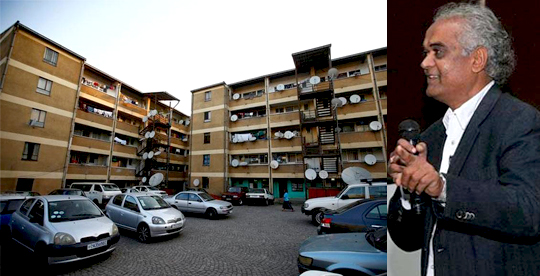Surat, Oct 28: Known for his benevolent Diwali gifts to his employees, Surat-based billionaire diamond merchant Savji Dholakia has this year too kept over a thousand cars and 400 flats to his well-performing staffers with the company bearing part of the monthly instalments.

Mr Dholakia, who owns the Hare Krishna Exports, has gifted 400 flats and 1,260 cars as Diwali bonuses to his employees. However, the company will bear a part, Rs. 5,000, of the loan instalments on the flats and the cars for five years.
"We have selected 1,716 employees as the best performers this year. We are arranging for houses for those who already own cars, while those who don't have a four-wheeler will get one," Mr Dholakia told IANS.
He said the 400 flats each of 1,100 square feet would be allotted in a housing scheme of the company itself. "The flats would come dirt cheap at Rs. 15 lakh and the monthly instalment, which the employee will start paying after five years will be Rs. 11,000," he said.
The bonus, which were announced at an informal meeting of employees, on Tuesday have been an annual ritual at Hare Krishna Exports.
Last year, the company similarly gave 491 cars and 200 flats to its employees. The year before that, it spent Rs. 50 crore on performance incentives, Mr Dholakia said.
The diamond merchant, who hails from Dudhala village in Amreli district in Saurashtra region, established and nurtured his business using a loan from his uncle. He had sent his son Dravya to eke out a job in Kerala to learn the ropes.





Comments
Add new comment